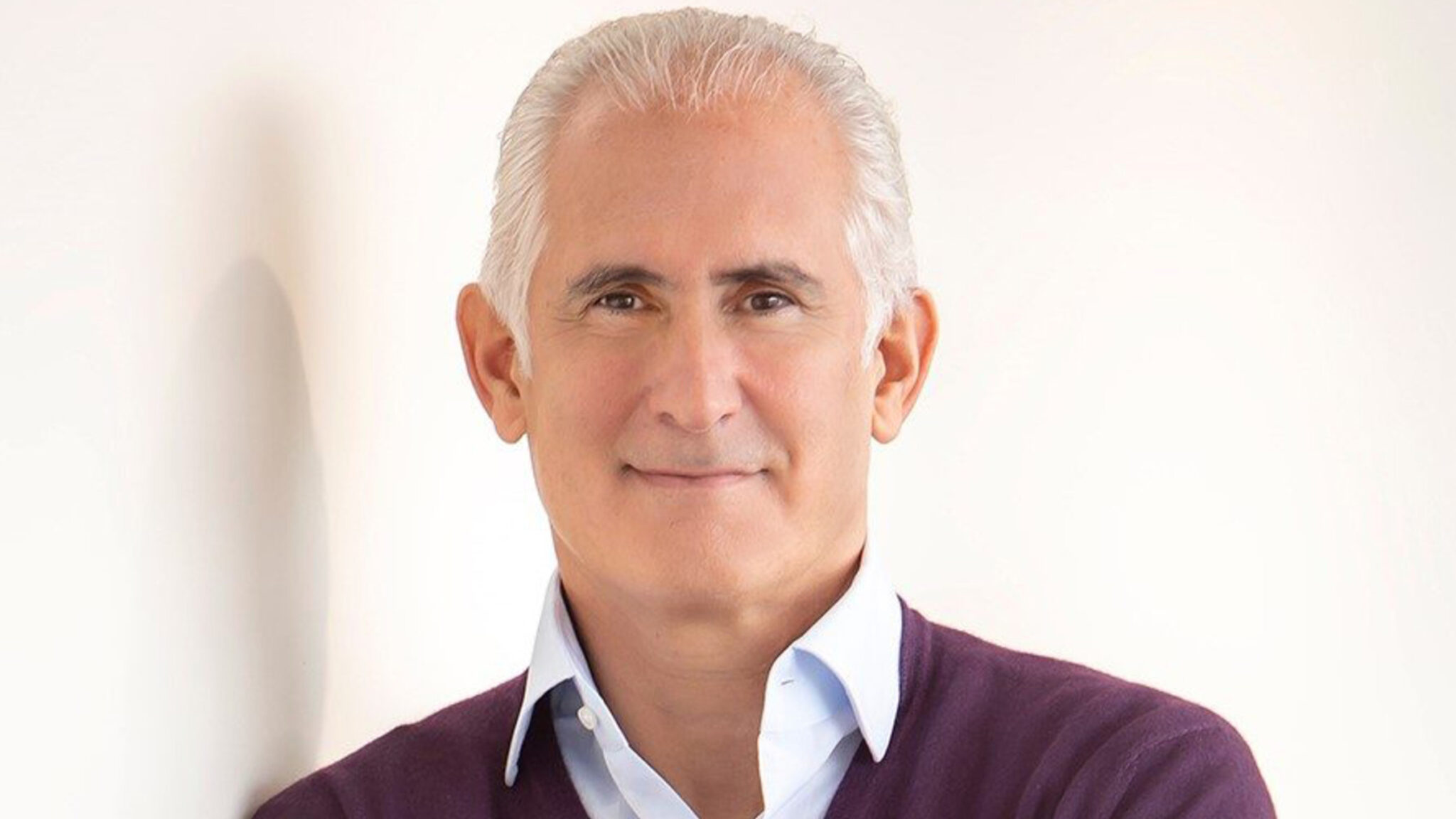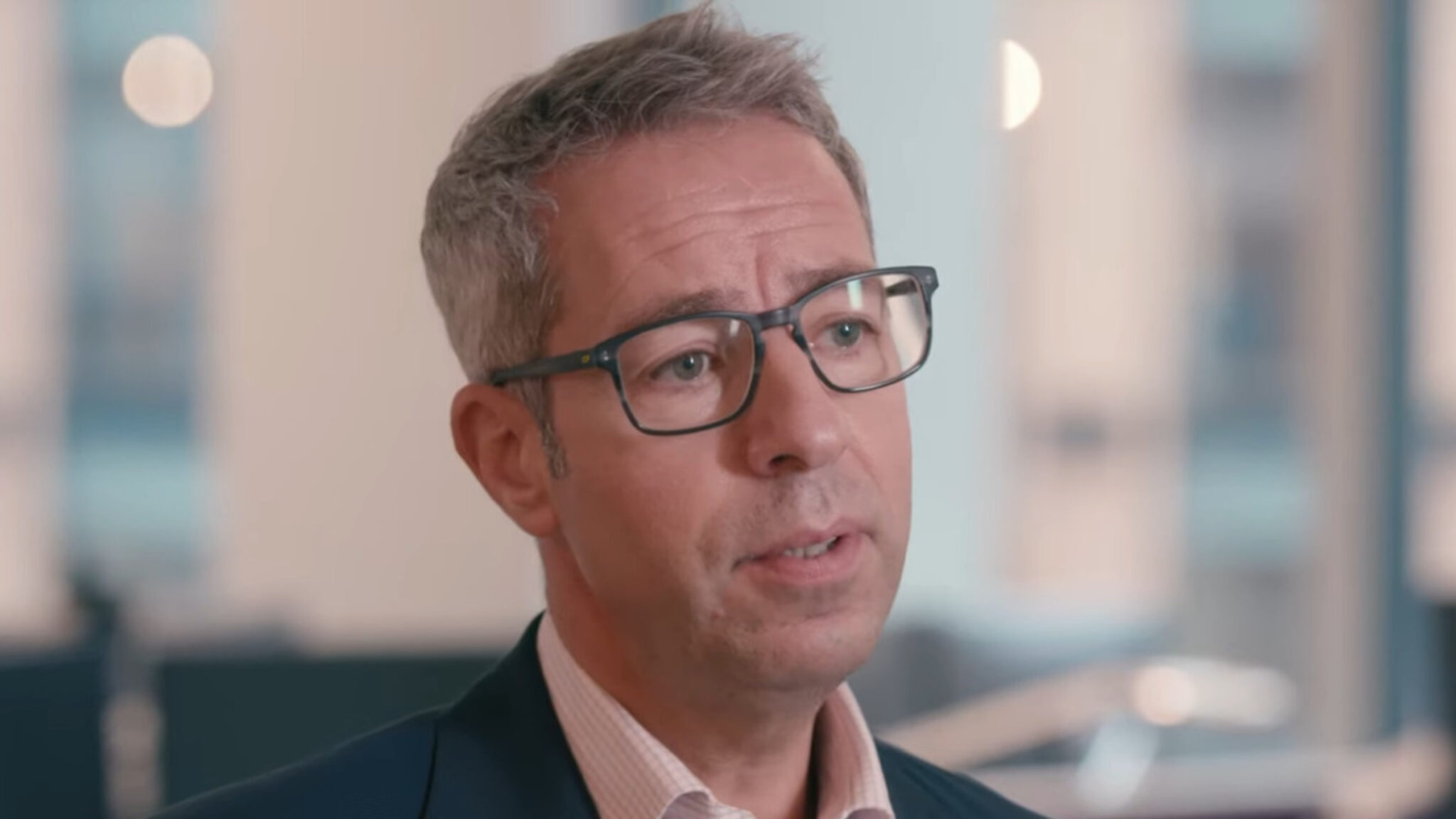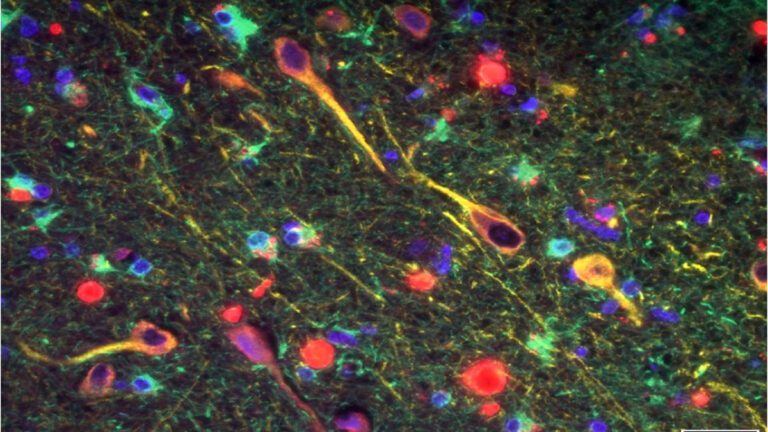UPDATED: It’s Califf: Biden picks the former FDA commish to head back to the helm – Endpoints News

Robert Califf (Pablo Martinez Monsivais, AP Images, File)
November 12, 2021 10:06 AM EST Updated 9 hours ago
UPDATED: It’s Califf: Biden picks the former FDA commish to head back to the helm
Confirming one of the worst kept secrets in Washington, Robert Califf has been nominated on Friday to lead the FDA for a second time.
It’s an announcement biopharma has anxiously been waiting for, although not a surprising one. After vetting multiple names churned out by the rumor mills, President Joe Biden’s final choice is one both the industry and agency insiders have hailed as the perfect one.
Keep reading Endpoints with a free subscription
Unlock this story instantly and join 123,000+ biopharma pros reading Endpoints daily — and it's free.

SPONSORED
November 8, 2021 06:00 AM EST
Starting Strong with Assured Supply of Quality Materials for Immune Cell Therapies
Sartorius Advanced Therapies
This blog post is the second in a series about accelerating the development and manufacturing of cell-based cancer therapies. In the last post, we outlined the promise and potential of immune cell therapies to treat cancer along with an overview of the central challenges that impede their broad accessibility. In this article, we take a closer look at key considerations for establishing a reliable supply chain of quality materials to ensure a robust and reproducible workflow.

Alex Gorsky, J&J CEO (Andrew Harnik/AP Images)
November 12, 2021 06:41 AM EST Updated 10:10 AM
UPDATED: J&J sets out to split the world's largest healthcare conglomerate, hiving off the consumer division
John Carroll
Editor & Founder
J&J is joining the movement in pharma to double down on risky but high-growth drugs and devices while hiving off huge consumer divisions. CEO Alex Gorsky says that sometime in the next 18 to 24 months they’ll be splitting the company into 2 different operations, dividing the largest conglomerate in healthcare.
Just as Merck and Pfizer and GlaxoSmithKline before, which followed similar strategies, the move will put a beacon on the R&D side of the business, where new drug development — and the high margins they can deliver — will be critical to the new company’s success.

November 13, 2021 06:00 AM EST
J&J's impending split; And the next FDA commish is...; Aduhelm back in spotlight; #AHA21; and more
Welcome back to Endpoints Weekly, your review of the week’s top biopharma headlines. Want this in your inbox every Saturday morning? Current Endpoints readers can visit their reader profile to add Endpoints Weekly. New to Endpoints? Sign up here.
As we mark the 40th edition of this Saturday recap, I’d like to spend a moment marveling at just how much Endpoints News has grown in the past year. We used to just have two daily reports. But we now send out weekly email newsletters dedicated to pharma marketing (Endpoints MarketingRx), regulatory news (Endpoints FDA+) and manufacturing (Endpoints Manufacturing). Want to get them in your inbox? You can customize your list of subscriptions in the reader profile.
Keep reading Endpoints with a free subscription
Unlock this story instantly and join 123,000+ biopharma pros reading Endpoints daily — and it's free.

Lew Cantley (Cornell)
November 11, 2021 10:07 AM EST Updated 11:00 AM
Scoop: Famed cancer researcher — and biotech founder — Lew Cantley is headed to Dana-Farber
John Carroll
Editor & Founder
Lew Cantley, the famed cancer researcher best known for his discovery of the PI3K pathway and his groundbreaking work on cancer metabolism, is headed to Dana-Farber.
We got tipped off by someone at the institute that Cantley will make his move from Weill Cornell Medicine next February after Dana-Farber chief Laurie Glimcher sent out a note heralding his impending arrival as a faculty member in the Department of Cancer Biology. That puts the ex-Harvard professor right back in the center of things during an unprecedented biotech boom that has put Cambridge/Boston right at the epicenter of drug R&D.
Keep reading Endpoints with a free subscription
Unlock this story instantly and join 123,000+ biopharma pros reading Endpoints daily — and it's free.

Kevin Ali, Organon CEO
November 11, 2021 07:23 AM EST Updated 08:38 AM
Months after a Merck spinout, Organon continues its string of deals with a $954M buyout package
John Carroll
Editor & Founder
Five months after ejecting out of the mother ship at Merck, the women’s health experts at Organon have racked up another deal, this time buying up a small biotech advancing an experimental therapy for endometriosis.
Organon put out word Thursday morning that it bagged Forendo Pharma out of Finland to beef up the pipeline. They’re paying $75 million upfront and shouldering $9 million in debt to land the asset with a hefty $870 million in milestone money on the table. Altogether the M&A package weighs in at close to a billion dollars — provided the drug is successful.
Keep reading Endpoints with a free subscription
Unlock this story instantly and join 123,000+ biopharma pros reading Endpoints daily — and it's free.
November 9, 2021 02:08 PM EST
The very slow roll of Biogen's Aduhelm: Neurologists weigh in on patients, practices and payments amid ongoing media storm
Beth Snyder Bulik
Senior Editor
Five months after the approval of Biogen’s Aduhelm, the bad news just keeps piling up for the Alzheimer’s drug. The confirmation yesterday of a Biogen investigation into the death of trial participant is the latest setback, but it adds to a laundry list of ongoing woes including insurance reimbursement uncertainty, dismal initial sales, a label flipflop, FDA advisory committee members resigning and outspoken researchers and public officials who continue to question the drug’s approval.
Keep reading Endpoints with a free subscription
Unlock this story instantly and join 123,000+ biopharma pros reading Endpoints daily — and it's free.

Cabenuva Ad (ViiV Healthcare)
November 12, 2021 12:39 PM EST
GlaxoSmithKline’s ViiV Healthcare aims to shift HIV daily pill thinking in first DTC ads
Beth Snyder Bulik
Senior Editor
For as long as there have been HIV medicines, the only options for patients have been daily pills — until this year that is. GlaxoSmithKline’s ViiV Healthcare approval for long-acting injectable Cabenuva in January marked a sudden change.
Instead of people with HIV taking daily pills — a habit even reinforced in pop culture in film and other fictional depictions — there’s now a once-a-month injection option.
Keep reading Endpoints with a free subscription
Unlock this story instantly and join 123,000+ biopharma pros reading Endpoints daily — and it's free.

Mene Pangalos (AstraZeneca via YouTube)
November 12, 2021 10:17 AM EST
AstraZeneca expects 'modest profitability' for next round of Covid-19 vaccine supply deals — and prunes pipeline in Q3 update
Having sent 1.5 billion Covid-19 vaccines around the world on a not-for-profit basis, AstraZeneca says it’s time to move into “modest profitability.”
While the priority is to deliver all the “pandemic doses” — a total of 3 billion are set to be delivered by the end of the year — AstraZeneca expects to be taking new orders in Q4, leading to a blend in sales.
“Don’t expect massive profitability, which is sometimes the case for other vaccine makers,” Ruud Dobber, head of the biopharmaceuticals business unit, told Endpoints News.

November 12, 2021 07:00 AM EST
Cortexyme lowers dose amid safety concerns, raising questions about future of offbeat Alzheimer’s approach
Late last month, Cortexyme announced a subset of patients saw their cognitive decline slow while taking the high dose of the company’s experimental Alzheimer’s drug, offering some support for an outside-the-box approach to treating the disease.
But on Thursday the biotech revealed it would push forward with a lower dose of the molecule because of liver toxicity concerns in the recent trial. Although the reduced quantity — 40 mg as opposed to 80 mg — appeared safer, it also appeared less effective, potentially setting up a rocky path toward any possible approval.
Keep reading Endpoints with a free subscription
Unlock this story instantly and join 123,000+ biopharma pros reading Endpoints daily — and it's free.